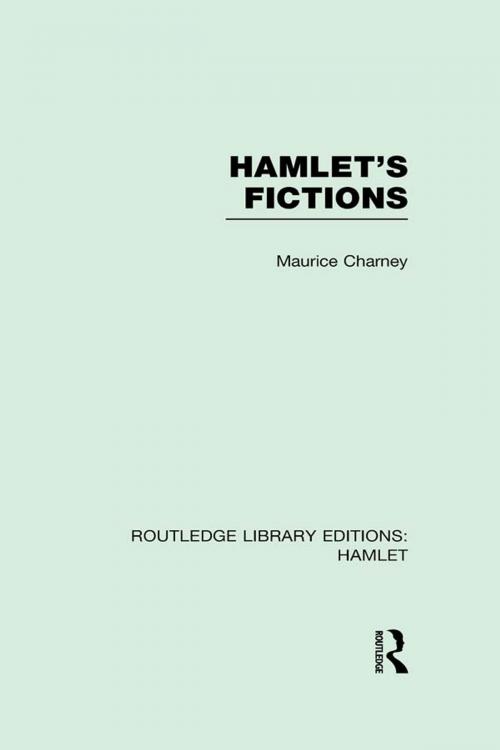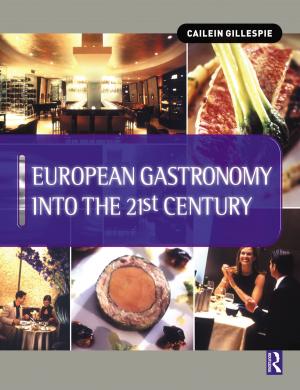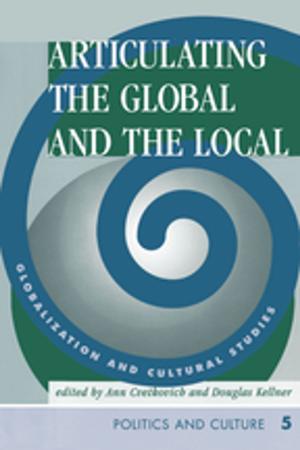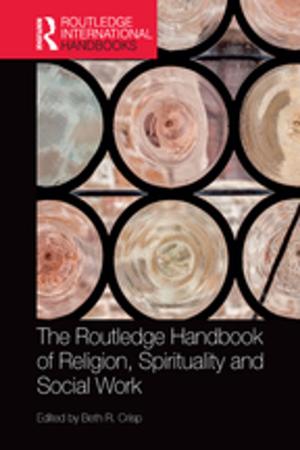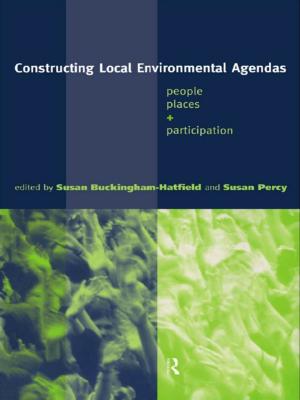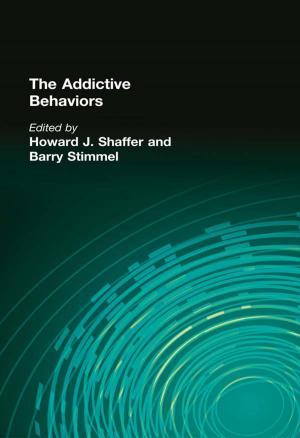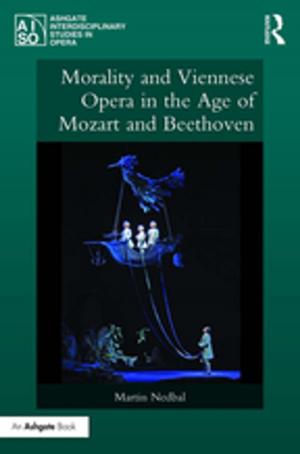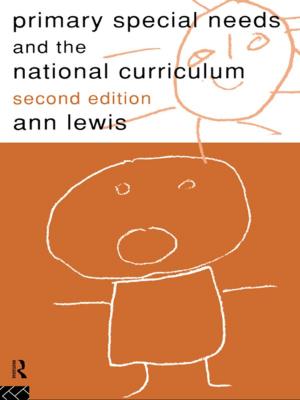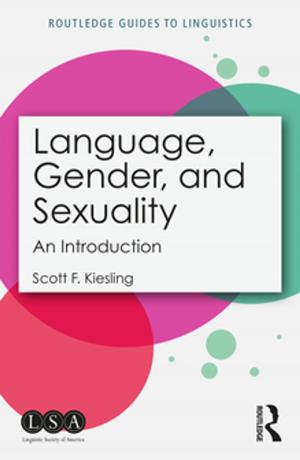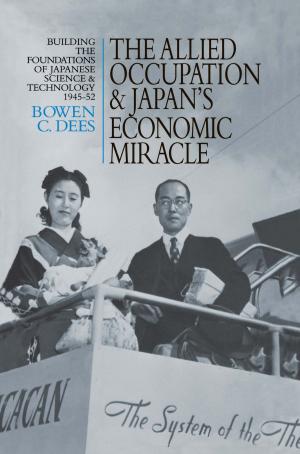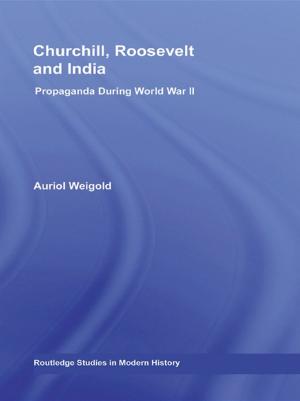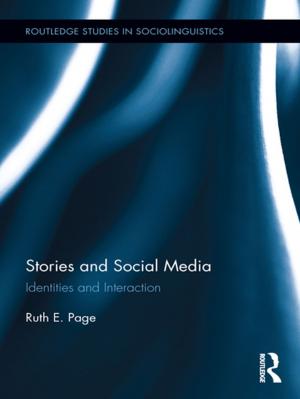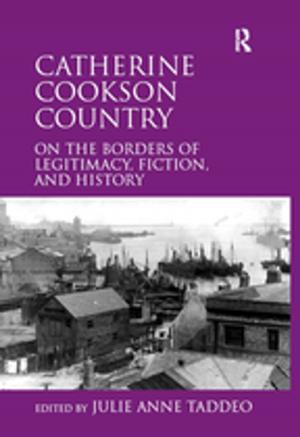| Author: | Maurice Charney | ISBN: | 9781317814429 |
| Publisher: | Taylor and Francis | Publication: | February 3, 2014 |
| Imprint: | Routledge | Language: | English |
| Author: | Maurice Charney |
| ISBN: | 9781317814429 |
| Publisher: | Taylor and Francis |
| Publication: | February 3, 2014 |
| Imprint: | Routledge |
| Language: | English |
"But in a fiction, in a dream of passion..." In an extended commentary on this passage this book offers a rationale for the excellence and primacy of this play among the tragedies. Throughout, emphasis is placed on Hamlet's fantasies and imaginations rather than on ethical criteria, and on the depiction of Hamlet as a revenge play through an exploration of its dark and mysterious aspects.
The book stresses the importance of Passion and Its Fictions in the play and attempts to explore the very Pirandellian topic of Hamlet's passion and dream of passion. It goes on to examine the organization of dramatic energies in the play - the use Shakespeare makes of analogy and infinite regress and of scene rows, broken scenes and impacted scenes, and the significance of the exact middle of Hamlet. The final section is devoted to conventions of style, imagery, and genre in the play - what is the stage situation of asides, soliloguies, and offstage speech? How is the imagery of skin disease and sealing distinctive? In what sense is Hamlet a comedy, or does it use comedy significantly?
"But in a fiction, in a dream of passion..." In an extended commentary on this passage this book offers a rationale for the excellence and primacy of this play among the tragedies. Throughout, emphasis is placed on Hamlet's fantasies and imaginations rather than on ethical criteria, and on the depiction of Hamlet as a revenge play through an exploration of its dark and mysterious aspects.
The book stresses the importance of Passion and Its Fictions in the play and attempts to explore the very Pirandellian topic of Hamlet's passion and dream of passion. It goes on to examine the organization of dramatic energies in the play - the use Shakespeare makes of analogy and infinite regress and of scene rows, broken scenes and impacted scenes, and the significance of the exact middle of Hamlet. The final section is devoted to conventions of style, imagery, and genre in the play - what is the stage situation of asides, soliloguies, and offstage speech? How is the imagery of skin disease and sealing distinctive? In what sense is Hamlet a comedy, or does it use comedy significantly?
